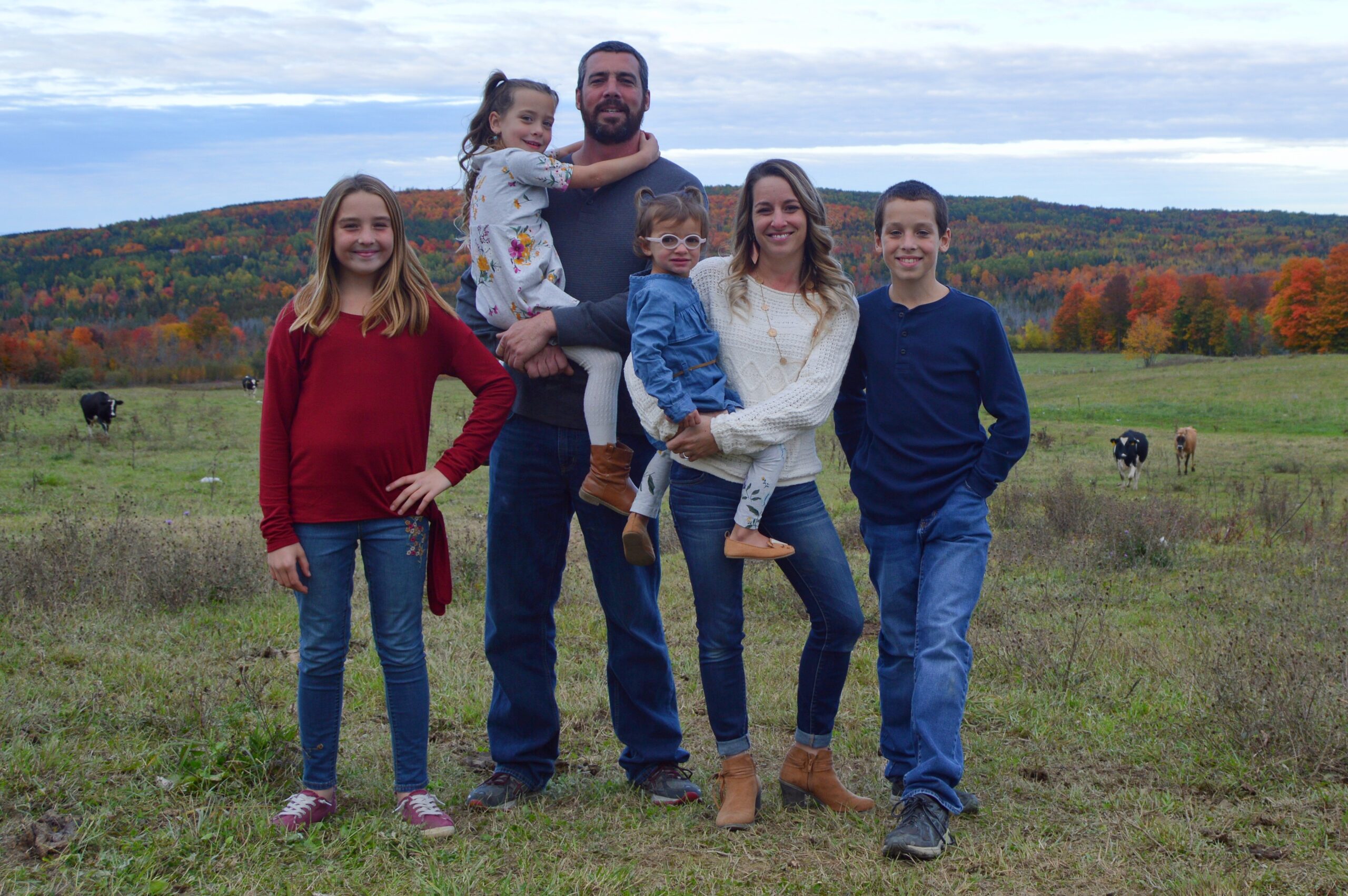
HODGDON, Maine — In the summer 2018 issue of Farming Magazine, Kentucky poet, writer, and farmer Wendell Berry wrote an editorial in part as a response to a personal story written by farmer Carolyn Coombs.
The article was about her family receiving notice that their producer agreement between their third-generation dairy farm and Dean Foods would be terminated.
More than 100 other dairy farmers in seven states received the same notice, effectively leaving many of those small dairy farms with no other options other than to sell their cows and give up a way of life that many of them had only ever known.
According to the online site Farm and Dairy, Dean’s termination letter to the dairy farms blamed an oversupply of raw milk, a decrease in milk consumption, and Walmart’s new milk processing facility in Indiana.
In a press release, Walmart promoted their relationship with the 25 farms supplying milk to their plant but I had to wonder about the more than 75 farmers who were forced out of business because of it?
Throughout this year, there have been many articles and news stories about what many recognize as a crisis in the dairy industry nationwide. A crisis that has been building apparently as this is the latest chapter in a trend where more than 42,000 dairy farmers have gone out of business since 2000, casualties of an uncontrolled production model and pressures from corporate agriculture.
Corporate dairy farms with thousands of cattle (my research found the largest to be in Indiana with 37,000 milkers) flood the market further, affecting livelihoods on small organic and conventional dairy farms.
An October 29 article in the Portland Press Herald highlighted Farmington dairy farmer Bussie York, one of eight producers in Maine who received contract terminations earlier this year from Horizon.
It noted that since this time last year, the state has lost 18 dairy farms and has just 228 remaining. Wendell notes in his Farming Magazine editorial that from what he had read regarding the broken contracts in his home state of Kentucky, he learned that the ag department has provided “no indication that they have any solution to the old problem of overproduction, or that they can offer any substantive help to the afflicted farmers.”
Nationally, the statistics don’t sound hopeful. According to the U.S. Department of Agriculture there were nearly 650,000 dairy farms in the U.S. in 1970, but just 40,219 remained at the end of 2017.
Cows are producing more milk than ever, but they’re consolidated on larger farms. On average, farmers spend $1.92 to produce a gallon of milk and make $1.32 when they sell it to processors. This is the fourth year in a row that farmers’ milk prices have dipped below the cost of production.
Large agri-business corporations, for efficiency and profitability, would prefer to work with a few larger dairies than thousands of small ones. Everything I have read leads me to realize the value our corner of the world has with the family-owned Houlton Farms Dairy. They remain an outlier in a trend of corporate agriculture that wants to take control of all stages of milk production.
Our community’s tiny processing dairy benefits the economic fabric of rural Aroostook on so many interconnected levels. I believe Wendell Berry summed it up best when he wrote, “Nevertheless, as we rural Americans know, the health and prosperity of rural America would be far better served by many small dairies than by a single one.”
By the way, Carolyn Coombs and her family were unable to find a new buyer and in June, they sent the last of their milk cows away. Won’t you buy some milk today, preferably from companies representing small family farms in Maine?




